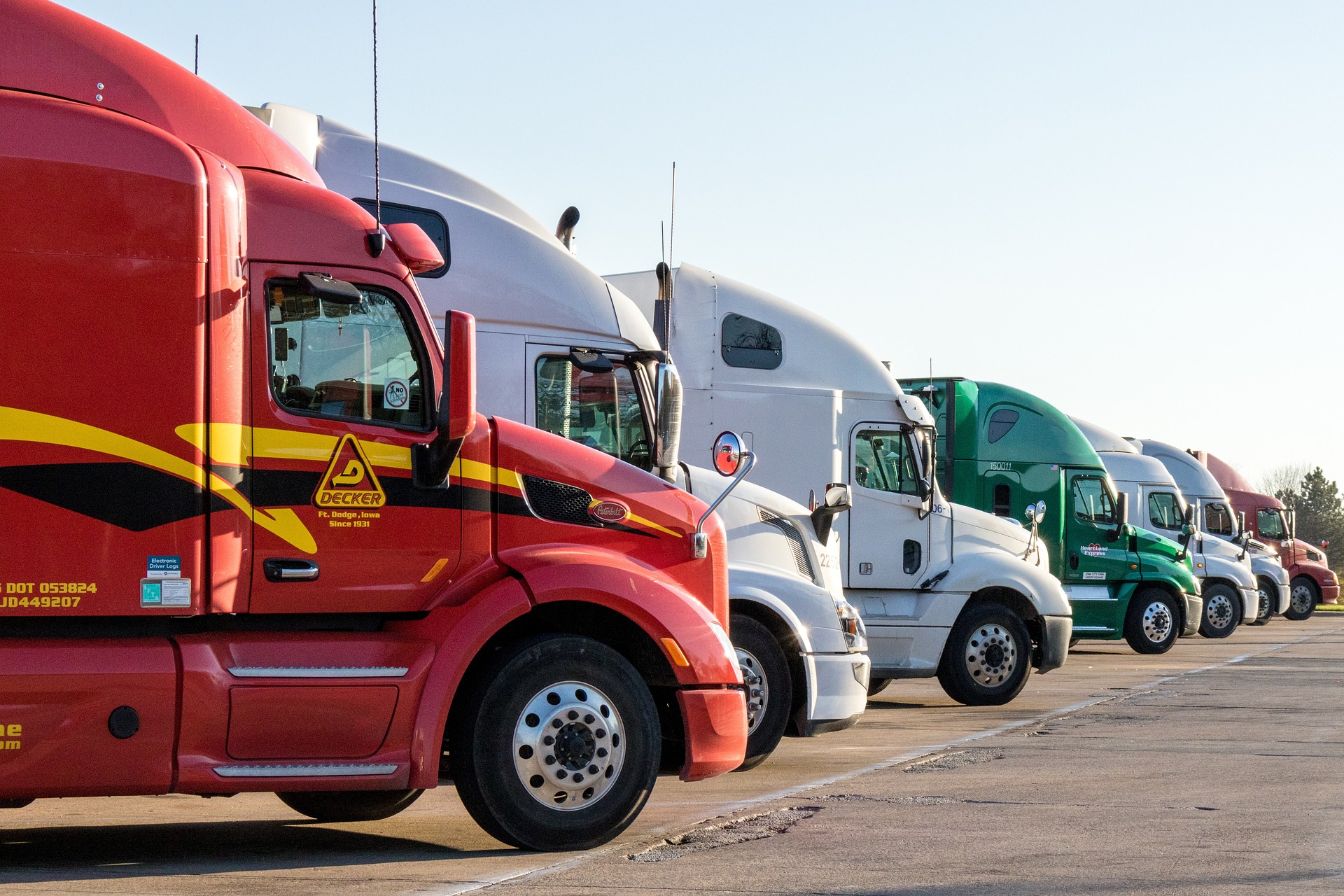Exploring the Versatility of Mini Trucks: A Comprehensive Guide
Mini trucks have revolutionized the transportation industry by offering an efficient, cost-effective solution for businesses and individuals who need reliable hauling capabilities without the bulk and expense of full-sized vehicles. These compact workhorses combine the practicality of a pickup truck with the maneuverability of a smaller vehicle, making them ideal for urban deliveries, small-scale construction projects, and specialized industrial applications. Whether you're a small business owner looking to optimize your fleet or an individual seeking a versatile utility vehicle, understanding the capabilities and benefits of mini trucks can help you make an informed decision that meets your specific needs.

What Are the Endless Possibilities of Mini Trucks?
When you discover the endless possibilities of mini trucks, you’ll find that these versatile vehicles serve numerous industries and applications. Their compact size makes them perfect for navigating narrow city streets, crowded construction sites, and tight parking spaces where larger trucks would struggle. Mini trucks excel in last-mile delivery services, allowing e-commerce businesses and local retailers to efficiently transport goods to customers in urban environments.
The agricultural sector has embraced mini trucks for their ability to traverse farm roads and carry essential supplies like feed, tools, and small equipment. Landscaping companies appreciate their maneuverability around residential properties and their capacity to transport mulch, plants, and maintenance equipment. Additionally, mini trucks serve specialized roles in airports, warehouses, and manufacturing facilities where space constraints make traditional vehicles impractical.
How to Unleash the Potential of Mini Trucks
To unleash the potential of mini trucks, businesses must understand their optimal use cases and configuration options. These vehicles typically feature payload capacities ranging from 1,000 to 3,000 pounds, making them suitable for light to medium-duty applications. Their bed sizes usually measure between 6 to 8 feet in length, providing adequate space for most small-scale hauling needs.
Mini trucks offer various drivetrain options, including rear-wheel drive for standard applications and four-wheel drive for off-road or challenging terrain situations. Some models feature specialized configurations such as flatbeds, stake beds, or enclosed cargo areas to meet specific industry requirements. The key to maximizing their potential lies in matching the right configuration to your operational needs and taking advantage of their fuel efficiency, which typically ranges from 25 to 35 miles per gallon.
Strategies to Maximize Efficiency with Mini Trucks
Organizations can maximize efficiency with mini trucks through strategic fleet management and proper utilization. Their lower operating costs compared to full-sized trucks make them excellent choices for businesses looking to reduce fuel expenses and maintenance costs. The reduced insurance premiums and lower registration fees associated with mini trucks contribute to significant long-term savings.
Route optimization becomes more effective with mini trucks due to their ability to access areas where larger vehicles cannot operate. This capability reduces delivery times and improves customer satisfaction in urban delivery scenarios. Regular maintenance schedules are typically less complex and expensive than those required for larger commercial vehicles, contributing to higher uptime and operational efficiency.
Common Applications and Industries
Mini trucks serve diverse industries with specific operational requirements. Construction companies use them for transporting tools and materials to job sites with limited access. Food service businesses rely on mini trucks for catering deliveries and mobile food operations. Utility companies deploy them for maintenance work in residential areas and confined spaces.
The rental and leasing industry has recognized the growing demand for mini trucks, offering flexible solutions for businesses with seasonal or temporary needs. Municipal services utilize these vehicles for park maintenance, meter reading, and small-scale public works projects. Their environmental benefits, including lower emissions and reduced road wear, make them attractive options for environmentally conscious organizations.
Cost Considerations and Provider Comparison
Understanding the financial aspects of mini truck ownership helps businesses make informed decisions. New mini trucks typically range from $15,000 to $35,000, depending on features and configurations. Used models can be found for $8,000 to $25,000, offering budget-friendly alternatives for small businesses.
| Provider | Vehicle Model | Price Range | Key Features |
|---|---|---|---|
| Suzuki | Carry Mini Truck | $14,000 - $18,000 | 4WD available, 1,320 lb payload |
| Mitsubishi | Minicab | $15,000 - $20,000 | Fuel efficient, compact design |
| Honda | Acty | $16,000 - $22,000 | Reliable engine, versatile bed options |
| Kia | Bongo | $18,000 - $25,000 | Higher payload capacity, modern features |
| Isuzu | D-Max (Mini variant) | $20,000 - $30,000 | Commercial-grade durability |
Prices, rates, or cost estimates mentioned in this article are based on the latest available information but may change over time. Independent research is advised before making financial decisions.
Operating costs include fuel, insurance, maintenance, and registration fees. Monthly financing options typically range from $200 to $500, depending on the purchase price and loan terms. Insurance costs generally run 20-30% lower than full-sized commercial trucks, while maintenance expenses average $800 to $1,200 annually.
Future Trends and Considerations
The mini truck market continues evolving with technological advancements and changing business needs. Electric mini trucks are emerging as viable alternatives for urban deliveries, offering zero-emission operations and reduced noise levels. Autonomous driving features are being integrated into newer models, promising enhanced safety and efficiency.
Businesses should consider factors such as payload requirements, terrain conditions, and local regulations when selecting mini trucks. Some municipalities have specific licensing requirements for commercial vehicles, while others offer incentives for low-emission vehicles. The growing emphasis on sustainable transportation solutions positions mini trucks as increasingly attractive options for forward-thinking organizations.
Mini trucks represent a practical solution for businesses and individuals seeking efficient, versatile transportation options. Their combination of affordability, functionality, and environmental benefits makes them valuable assets across numerous industries. By understanding their capabilities and properly matching them to specific needs, organizations can achieve significant operational improvements while reducing costs and environmental impact.




